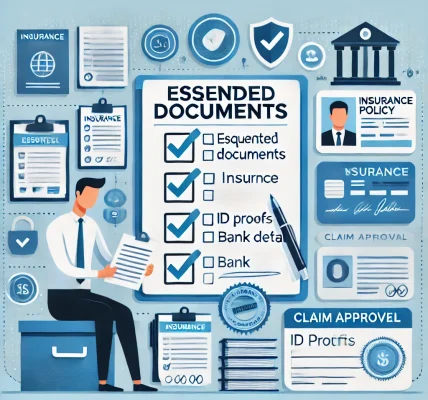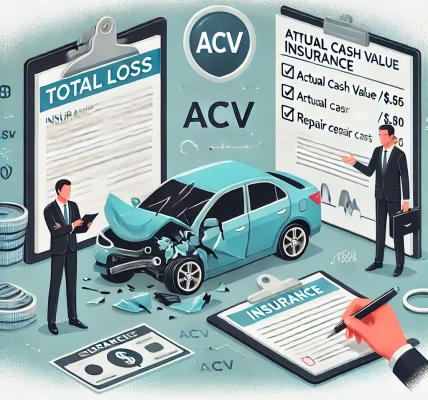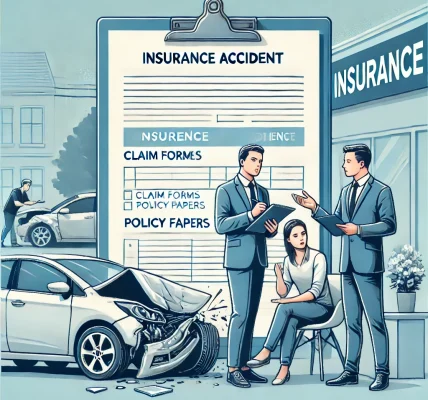Introduction
Car accidents are stressful and unexpected, but knowing how to handle the situation can make the claims process smoother and more efficient. Filing a car insurance claim properly ensures you receive fair compensation without unnecessary delays or disputes. This guide outlines the dos and don’ts of filing a car insurance claim to help you navigate the process with confidence.
Dos After an Accident
1. Ensure Safety First
Why It’s Important: Safety should always be the top priority after an accident.
Steps to Take:
- Check yourself and passengers for injuries.
- Move to a safe location if the accident is minor and vehicles are obstructing traffic.
- Turn on hazard lights and use safety cones or warning triangles if available.
2. Call Emergency Services
Why It’s Important: Notifying the police ensures an official accident report is filed, which is often required for insurance claims.
Steps to Take:
- Call 911 or the local emergency number.
- Cooperate with law enforcement and provide accurate information.
- Request a copy of the police report for your records.
3. Document the Accident Scene
Why It’s Important: Clear documentation strengthens your claim and helps prevent disputes.
Steps to Take:
- Take photos and videos of vehicle damage, license plates, traffic signals, and road conditions.
- Gather witness statements and contact information.
- Write down the time, date, and location of the accident.
4. Exchange Information with the Other Driver
Why It’s Important: Having accurate details ensures a smoother claims process.
Details to Collect:
- Name, phone number, and address of the other driver.
- Insurance company name and policy number.
- Vehicle details (make, model, color, and license plate number).
5. Notify Your Insurance Provider Immediately
Why It’s Important: Promptly informing your insurer helps speed up the claims process.
Steps to Take:
- Call your insurance company or use their online claims portal.
- Provide accurate details and avoid admitting fault.
- Ask about next steps and required documentation.
6. Get a Repair Estimate
Why It’s Important: Knowing the cost of repairs helps ensure a fair settlement.
Steps to Take:
- Get an estimate from an authorized repair shop.
- Compare with the insurer’s estimate before proceeding with repairs.
Don’ts After an Accident
1. Don’t Leave the Scene Without Reporting
Why It’s Important: Fleeing the scene can lead to legal consequences and claim denial.
2. Don’t Admit Fault
Why It’s Important: Admitting fault can be used against you in claims or legal proceedings.
Alternative Approach:
- Stick to the facts when speaking to the police or the insurer.
- Let the insurance companies determine fault.
3. Don’t Accept an Immediate Settlement Without Review
Why It’s Important: Initial offers may be lower than what you deserve.
Steps to Take:
- Review the offer carefully.
- Consult a claims adjuster or legal expert if necessary.
4. Don’t Delay Medical Attention
Why It’s Important: Some injuries appear hours or days later. Delayed treatment can affect your claim.
5. Don’t Ignore Deadlines
Why It’s Important: Missing claim deadlines can lead to denial or reduced compensation.
Conclusion
Following the dos and don’ts after a car accident can make a significant difference in how smoothly your insurance claim is processed. Stay calm, document everything, and communicate effectively with your insurer to ensure the best possible outcome. Preparation and knowledge are key to protecting your rights and finances after an accident.




